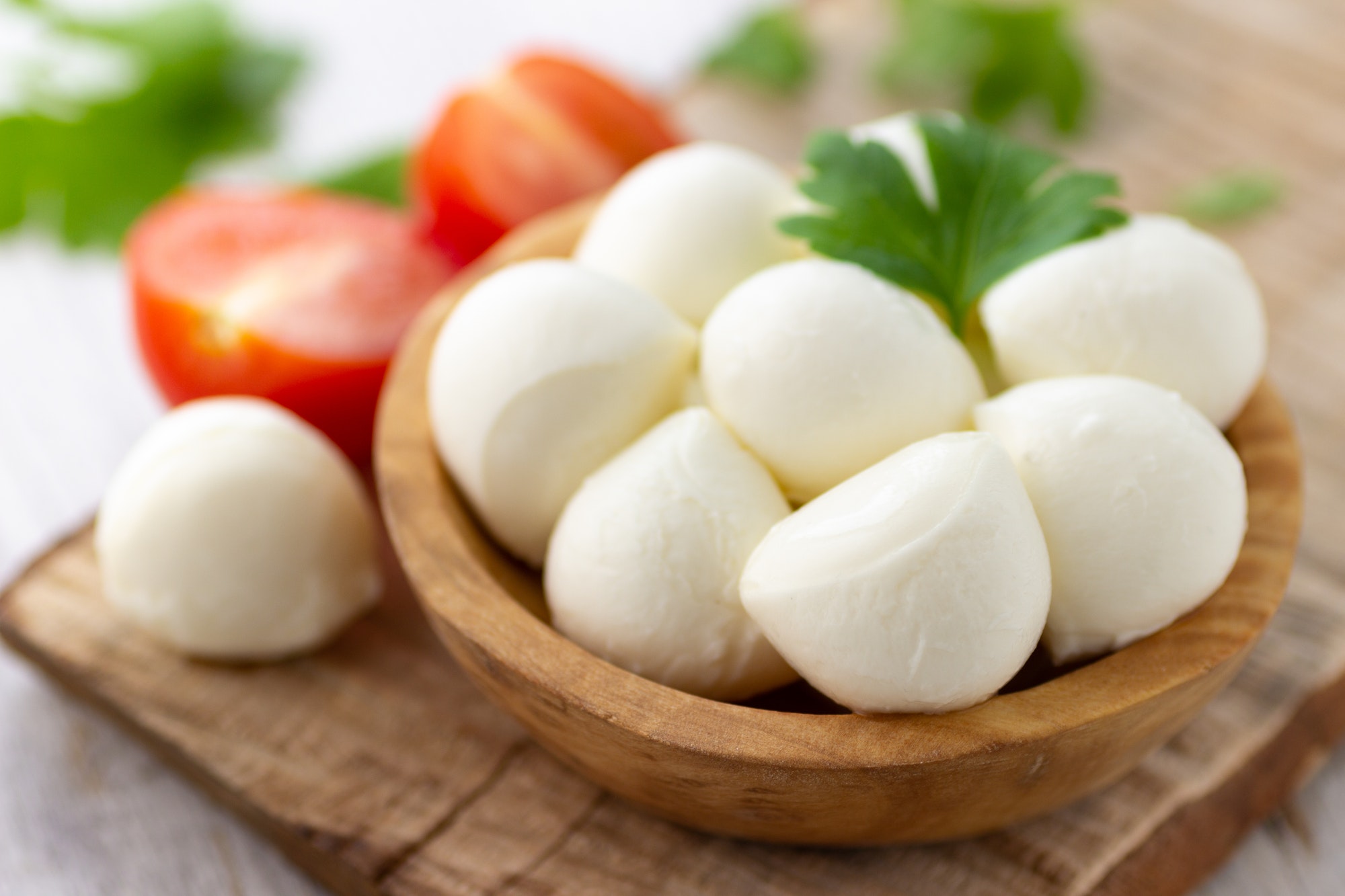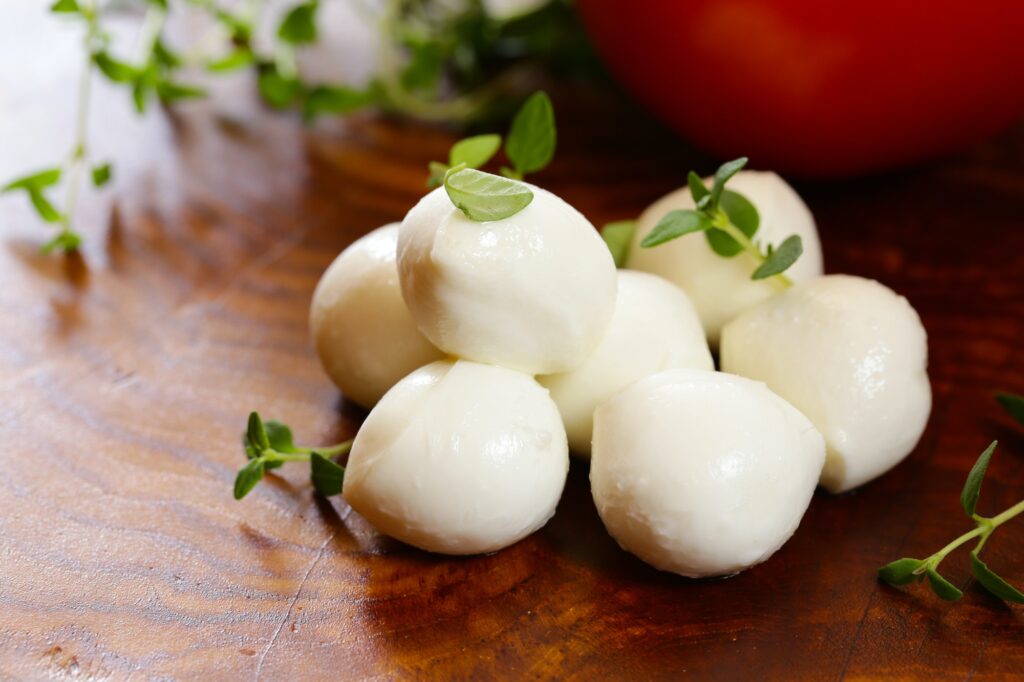Is Mozzarella Cheese Halal?

Mozzarella is one of the most popular cheeses worldwide, known for its smooth texture and mild flavor. This Italian cheese features prominently in various dishes like pizza, pasta, salads, and more1. However, many Muslims wonder about the halal status of mozzarella cheese according to Islamic dietary laws.
The Halal Certification Process
Halal certification ensures that products meet Islamic dietary guidelines. It verifies that ingredients, processing methods, handling, storage, and transportation comply with halal standards. Regarding cheese, the use of permissible enzymes and rennet is crucial.
For instance, rennet derived from pigs or improperly slaughtered animals would be haram (impermissible). Halal-certified cheeses use halal-approved enzymes and microbial or plant-based rennet. This certification provides Muslim consumers the assurance they seek about mozzarella’s halal compliance.
Prominent halal certification bodies that certify mozzarella include:
- IFANCA
- Islamic Food and Nutrition Council of America
- HFA
- Halal Food Authority
They vet the entire supply chain and production process to guarantee halal integrity. Their certification trademarks on dairy products signify they are halal-compliant.
Find more information about Mozzarella – Fun Facts About Mozzarella – https://factsmosaic.com/18-facts-about-mozzarella/

Mozzarella Cheese Production
The basic steps in mozzarella manufacturing include:
- Fermenting milk with bacterial cultures
- Coagulating milk using enzymes (rennet)
- Separating curds from whey
- Kneading and stretching curd to make cheese
The halal status depends on the type of rennet used. Rennet derived from pigs or improperly slaughtered calves would be haram. Halal mozzarella uses plant or microbial-based rennet which conforms to halal guidelines.
Furthermore, all other processing ingredients must comply with Islamic law. Any use of pork-derived gelatin, alcohol, or other forbidden ingredients would compromise halal status. That’s why certification is essential.
Islamic Dietary Laws
According to Quranic teachings, products from permitted animals slaughtered in the halal method are permissible. Milk and dairy fall under halal foods provided they don’t contain any forbidden ingredients2.
However, scholars have varying opinions on enzymes derived from animals prohibited by Muslims. Some consider such cheese permissible if all other aspects of production are halal, while others disagree.
To avoid doubts, opting for halal-certified products with a clear indication of permitted rennet is best. This guarantees compliance with Islamic principles.
Conclusion
In summary, the halal status of mozzarella cheese depends on the rennet source and halal certification. Muslims should opt for cheese-certified halal by reputed Islamic organizations. This ensures the rennet source and entire supply chain adhere to Islamic guidelines. As halal-certified options increasingly become available, Muslim consumers can enjoy their favorite cheesy dishes without compromising their beliefs.